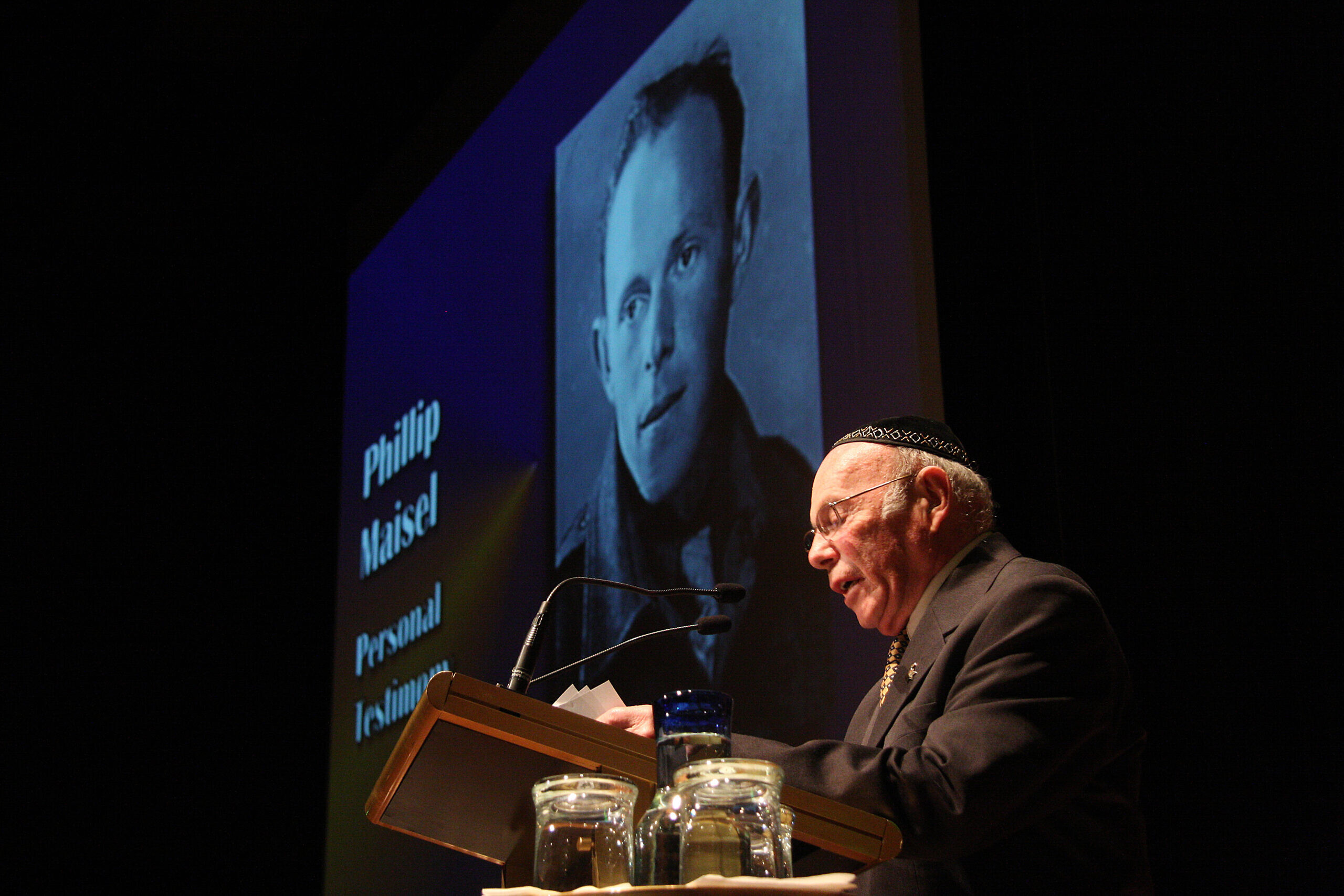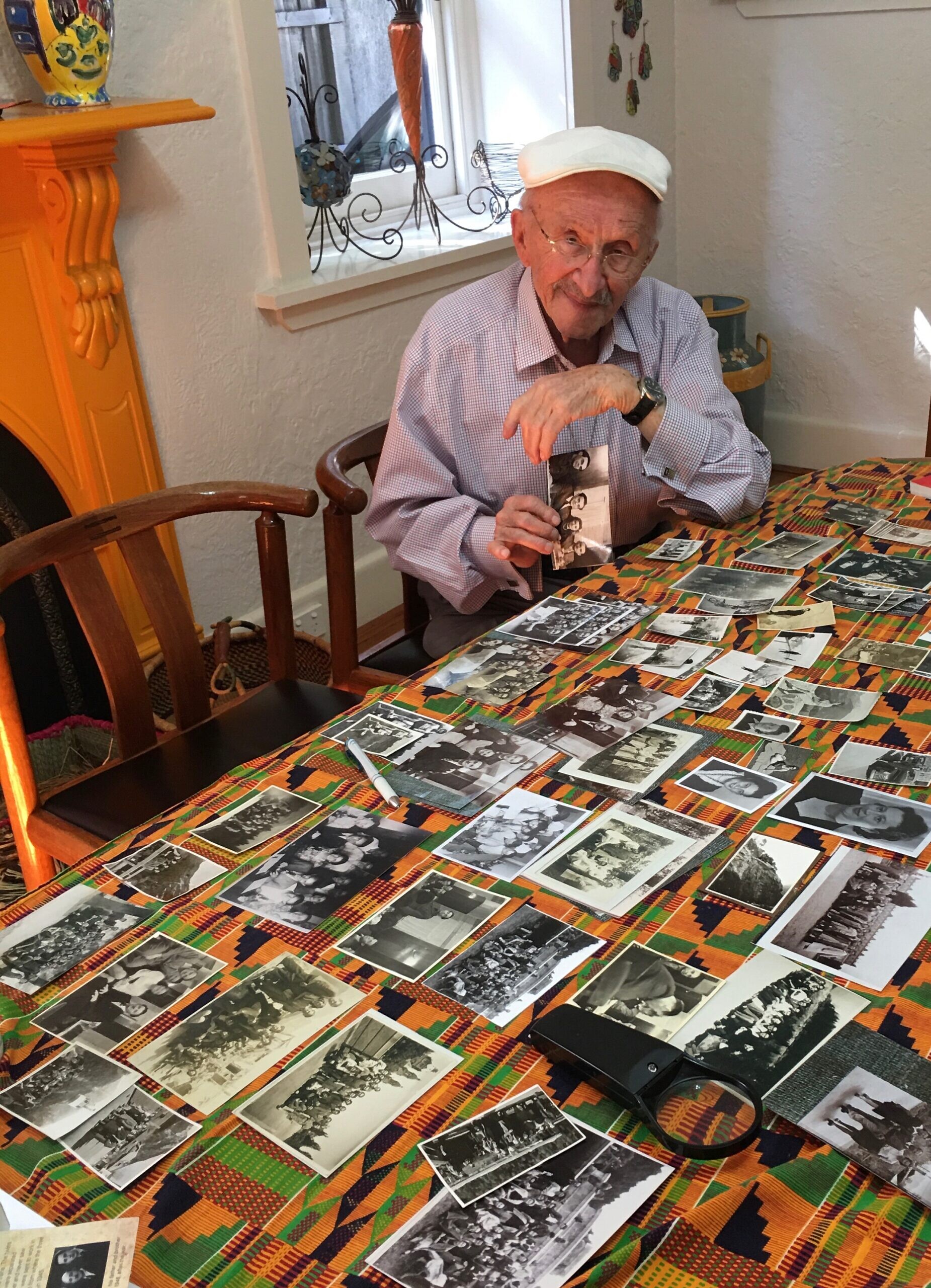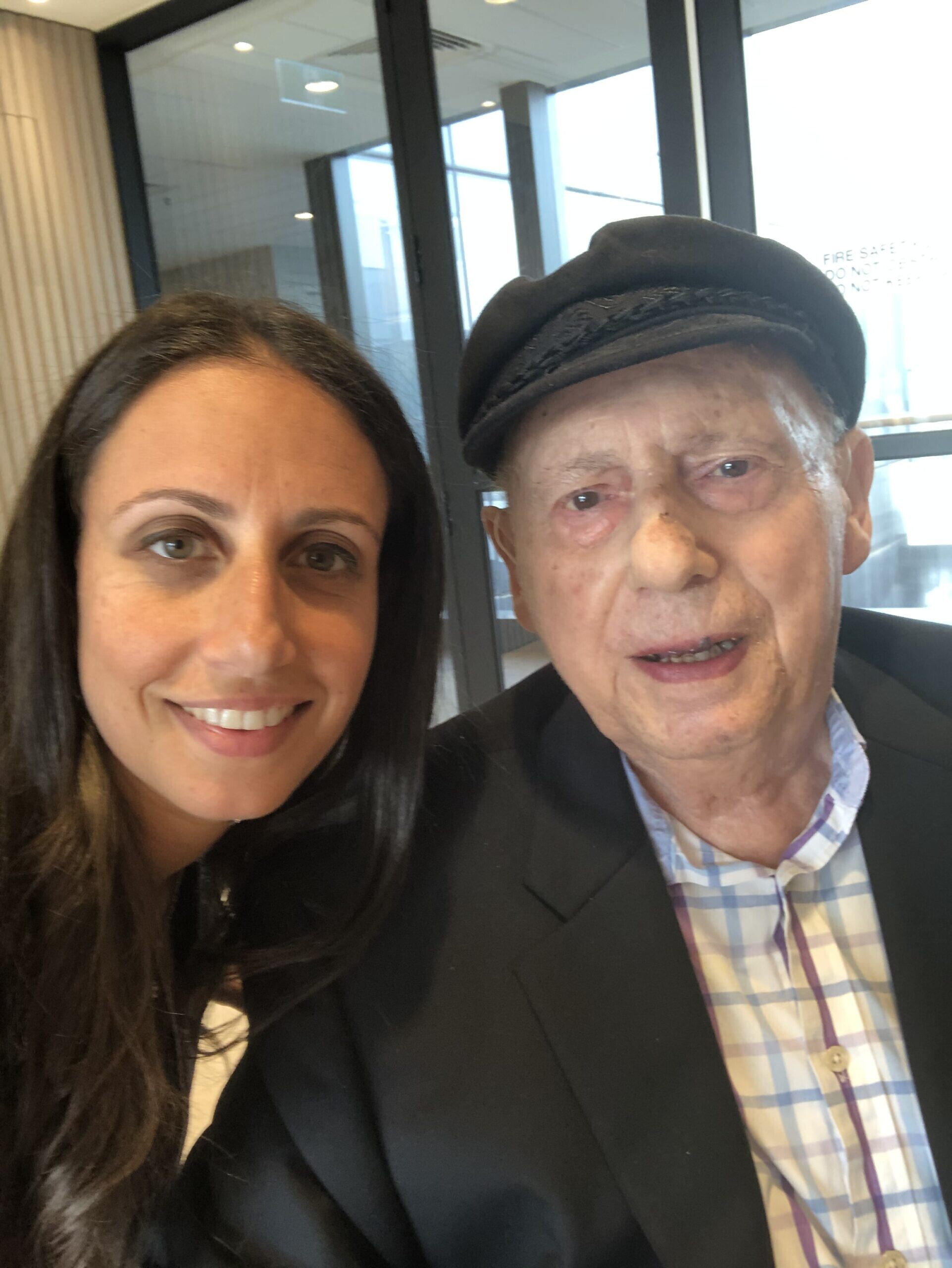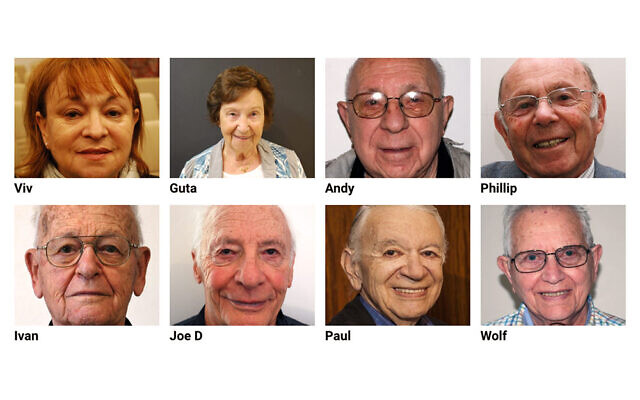‘We need hope to sustain us’
The Jewish Holocaust Centre's ‘Survivor Connect’ project sees the profiles of Shoah survivors posted online, allowing the community to reach out to them with a special message.
“THERE is a big difference in being isolated now and being in the concentration camp,” reflects 97-year-old Shoah survivor Phillip Maisel.
“In the camp, few people cared.”
Born in Lithuania, Phillip was a prisoner at a hard labour camp in Estonia and later other concentration camps across Nazi-occupied Europe.
Speaking to The AJN from the isolation of his Caulfield home ahead of Yom Hashoah, which begins on Monday evening, an upbeat Phillip gratefully thanked the Jewish Holocaust Centre (JHC) for its newly launched program ‘Survivor Connect’. The initiative is a response to the coronavirus crisis, and sees the profiles of each JHC survivor posted online, allowing community members the opportunity to reach out to them with a special message. The letters are emailed to the JHC which then has volunteer messengers relay the notes on to survivors.

“We need our survivors to know that their stories are still having an impact, even while they are not able to talk directly to an audience,” shared JHC museum director Jayne Josem.
“This will make them feel valued during this period of isolation and will give them hope for the future. Right now we all need hope to sustain us.”
Phillip has been a volunteer at the JHC for more than 25 years, responsible for filming thousands of survivor testimonies. Prior to the COVID-19 pandemic, he was still working three days a week at the centre. Since its closure, he has received a few letters – and “it was very, very encouraging”.
“Now, somebody cares. Before [during the Shoah], nobody heard us,” told Phillip, who remembered, “Then, when we went to bed, we had to hope that we would get up the next morning and now, it is just the opposite!
“These acts adds meaning to life, because there are many disappointments in life – particularly when you are 97! Life can be very difficult, but this has helped a lot.”

95-year-old Auschwitz-Birkenau survivor David Prince has also received letters as part of the JHC program. One was penned by CEO of Kathmandu and Rip Curl, Xavier Simonet, who heard David speak at the JHC some time ago.
“We all got a kick out of that one,” shared David’s daughter, Frances Prince.
But beyond the initiative, the COVID-19 threat has seen David and Frances come together on another unexpected project.
Immediately after the war, David and his late wife Ella were among a select group of 400 Jewish students who were given access to a university education in Munich. Fortuitously, Frances discovered a book about the group just before lockdown. And so, as part of their isolation ritual, every afternoon David lays on the couch, closes his eyes and Frances reads to him for a couple of hours.
“It’s been more than beautiful. It’s astonishing,” she told.
“As I am reading, he is saying, This is the story of my life. This is the life that made me.”
And the exercise has stimulated David’s memory, as he suddenly recollected many people and details long forgotten. He brought out his old photos which now cover the dining table. After reading the daily portion, together they pore over the photos. David remembers details, and Frances takes notes.
“I am recalling people that I have not thought about for many years. This recollection of youthful times is marvellous,” explained David.
“The afternoons spent with my daughter, take away the loneliness and boredom of being in isolation. All my activities are cancelled, I can’t see my few remaining friends. I think I would have spiralled into a depression without having these afternoons to look forward to.”
Frances concurred, adding, “I’ve been given this gift of time with my dad that I would not have normally had.
“I keep saying to myself, in the future, I’m going to look back on this time and say, how lucky I was.”

Isolation has seen a shift in communication between Mel Raleigh and her adored grandfather, Auschwitz survivor Tuvia Lipson.
The retired JHC guide is a resident of Emmy Monash, and since regulations have tightened, Mel has not been able to visit the zeyde she calls her best friend.
“But we are lucky to FaceTime twice a day,” she told, continuing, “and he has also received a couple of letters through the initiative”.
One note read, “Tuvia Lipson, at this difficult time for me, you have inspired me with your will and resilience.”
Reflected 94-year-old Tuvia, “I feel very proud to know someone is thinking of me and I don’t know them. A lot of us survivors have been through hell and back, been through good times and bad times.
“One thing I can tell you. I live until now, and the reason why? Because I’m always looking forward. I never look back.
“I hoped for a better tomorrow, and a better tomorrow always came.”
For more information on the project, visit jhc.org.au/survivor-connect.


comments